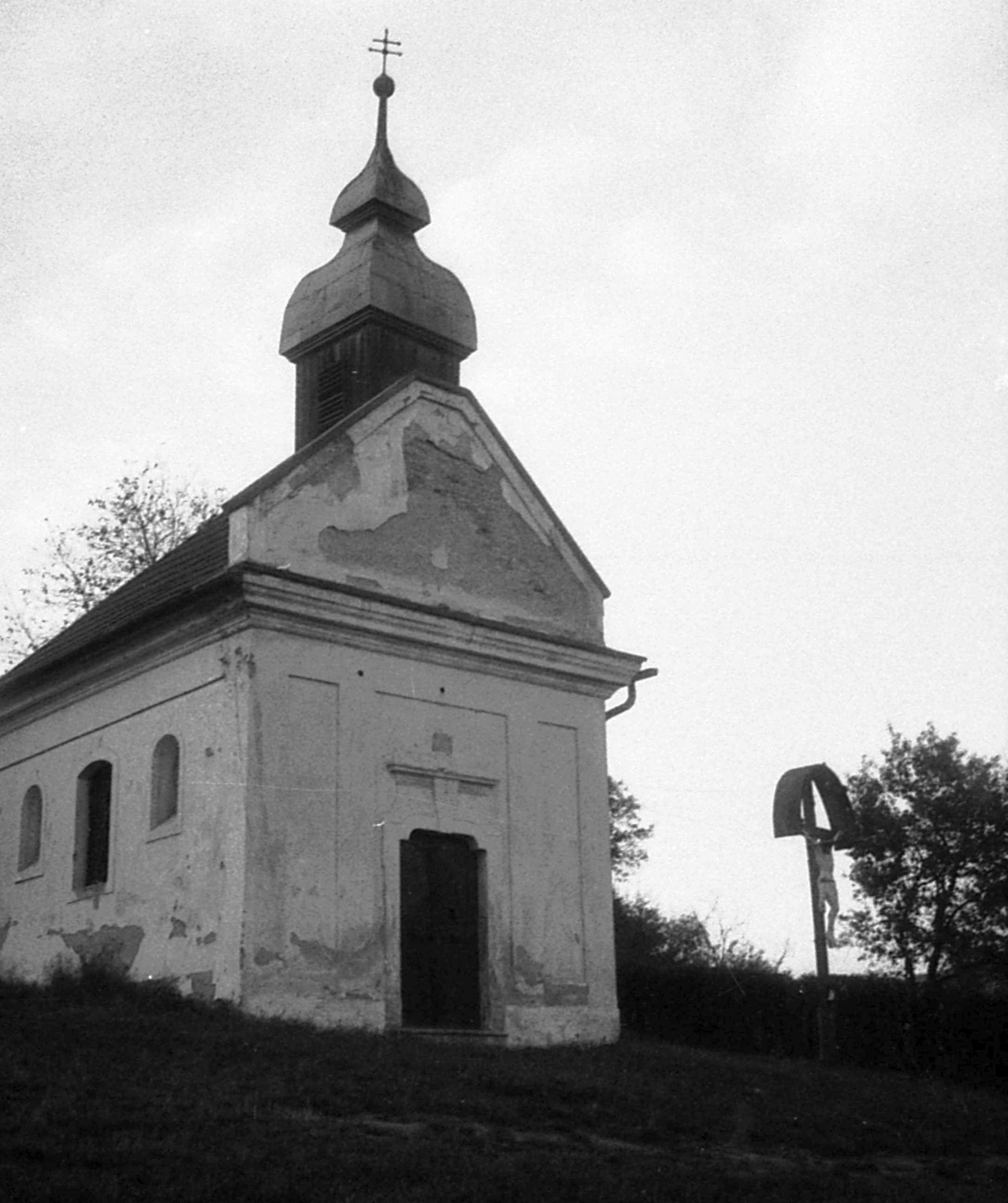The origins of the interview collection, which documents the activities that rejuvenated traditions of Catholic religious life, were collecting, research, and doing recorded interviews. István Kamarás was the first scholar in Hungary who was permitted to conduct sociological research on religion as a member of the Cultural Research Centre (a state-run institute, which also enjoyed significant intellectual autonomy) between 1985 and 1990.
István Kamarás’ interview collection documents primarily the modes of survival of religious life and groups and the forms of persecution which they had to endure. The research on Church communities sheds light on the status of religious life, the patterns of religious education, the modes of community building, the activities of youth organizations, charity activities, efforts made to protect Church heritage, and the sociology of clerics and laymen.
Kamarás István focused on the grassroots religious movements of the period. These movements, simply through their existence, represented a challenge to both the political authorities and the conservative and often collaborating Catholic Church leaders. Alongside the two domestic movements (the Bokor movement of György Bulányi and Regnum Marianum, which was led by László Emődi), others emerged, such as the Catholic charismatic movement, Focolare, and the Faith and Light movements.
Kamarás’ first research project on these kinds of grassroots communities concerned an underground religious group (in an area on the outskirts of Budapest, led by György Rozgonyi). This group was forced underground in 1949 because they continued their previous activities in boy scouting and youth education. Nonetheless, because of the changing political context, their organizational modes were also transformed: laymen and persecuted clerics replaced formal vicars and communities replaced institutions.
Larger studies of grassroots religious communities began in 1986 in the Institute for Research on Public Education (Művelődéskutató Intézet). These studies were based on the idea that researchers would observe fifty communities for ten years. This research was linked to similar research underway at the Department of Philosophy of Janus Pannonius University (Pécs), which was led by István Kerékgyártó in 1987. Parallel to this, Kamarás did research on the Catholic youth meetings (1976–1988), mainly those which were held in the Danube Bend town of Nagymaros. In 2013, Kamarás’ research material was donated as a deposit to the Voices of the Twentieth Century Archive and Research Group of the Hungarian Academy of Science’s Centre for Social Sciences, Institute of Sociology, which processes the documents. Physically, will the collection is located in the Open Society Archives.
The Kamarás interview collection confirms sociologist Miklós Tomka’s insight that “even the political centre made efforts to limit their activities. Church communities constituted the only form of social organization in which there was some degree of voluntary participation and autonomous organization.” Churches remained the fortresses of counterculture and counter-society, even in late socialism. Church communities as local social networks and the bearers of Christian morals and traditions remained relatively independent of Church hierarchies.

